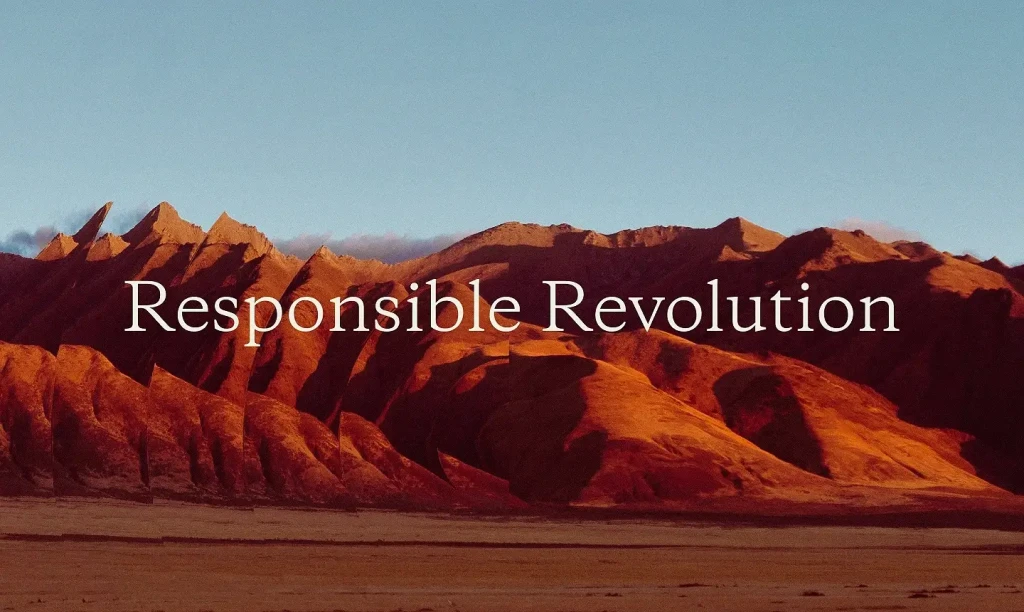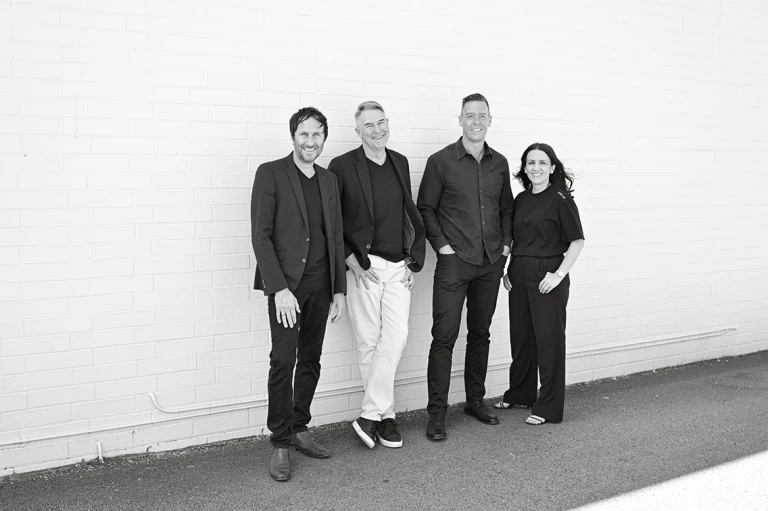Running a tour and travel website in 2025 is more than just showing nice pictures and listing packages. Travelers today want quick, reliable, and engaging online experiences before they decide to book.
To stand out from the competition, your website needs the right mix of SEO, user experience, and useful content. Here are some simple but powerful tips to help your travel website attract more visitors and turn them into paying customers.
1. Create Trustworthy and Helpful Content
Google and other search engines want to show users reliable websites. That’s why travel businesses should focus on content that shows real experience, expertise, and trust:
Write detailed travel guides that answer common questions travelers ask.
Share real experiences from your team or past customers.
Use reviews and testimonials to prove your services are reliable.
When people trust your content, they stay longer on your website, and search engines reward you with better rankings.
2. Focus on Local SEO
Travel is often location-based. People search for things like “Bali honeymoon packages” or “Jakarta city tours.”
To show up in those searches, you need strong local SEO:
Keep your Google Business Profile updated with photos, opening hours, and reviews.
Use schema markup (a type of website code) to highlight tours, destinations, and packages.
Post real-time updates about promotions, seasonal events, or changes in availability.
This makes it easier for travelers nearby, or those planning trips to your destination, to find your services.
3. Get Ready for Voice Search
More people are planning trips using voice assistants like Google Assistant, Siri, or Alexa. To capture this traffic, your website should be ready for voice search.
Write content using natural, conversational language.
Add an FAQ section with questions like “What’s the best time to visit Bali?”
Make sure your site is fast and mobile-friendly, since voice searches often happen on smartphones.
By preparing for voice search, you’ll be visible to travelers right when they are planning.
4. Make Your Website Fast and Mobile-Friendly
In 2025, more than 75% of travel bookings will happen on mobile phones. If your website is slow or hard to use, visitors will leave and choose a competitor:
Use lightweight designs and technologies like Progressive Web Apps (PWA) for speed.
Offer one-click booking buttons so people don’t get stuck in long forms.
Compress and optimize images and videos so they load quickly.
Add interactive tools like maps or virtual tours to keep visitors engaged.
A smooth mobile experience builds trust and increases the chance of booking. A responsive design plays a big role in improving user experience and keeping visitors engaged across devices.
To learn more, check out our article on the benefits of responsive web design.
5. Share Engaging and Useful Content
Good content keeps people coming back. It also helps your website rank higher in search results. Here are a few ideas:
Post blogs with travel tips, itineraries, and destination guides.
Write about sustainable travel; many people now care about eco-friendly options.
Feature user-generated content like reviews, stories, or photos from happy travelers.
Personalize the content by showing local currency, weather, or travel info based on where the visitor is browsing from.
The more engaging and relevant your content is, the more likely visitors will explore and book.
6. Use AI to Improve Customer Experience
Artificial intelligence (AI) is making travel websites smarter and more helpful. It can help you give visitors quick answers and personalized suggestions:
Add AI chatbots to guide people, answer common questions, and help them book instantly.
Use AI to recommend tours or packages based on what visitors search for.
Analyze visitor behavior with AI tools to improve your website layout and booking process.
AI saves time for both you and your customers while boosting satisfaction and sales.
7. Do Regular Website Check-Ups
Even if your website looks great, technical problems can hurt performance. That’s why regular technical SEO check-ups are important:
Fix broken links or slow-loading pages.
Use hreflang tags if your site offers content in multiple languages.
Add canonical tags to avoid duplicate content issues.
Keep sitemaps updated so search engines can find all your tour and package pages.
Small fixes like these can make a big difference in how easily people find your website online.
8. Structure Your Blog and Link Smartly
Blogging is one of the best ways to grow traffic, but it works best when structured correctly:
Use clear titles and keywords that travelers might search for.
Link to your tours and services inside blog posts so readers can book easily.
Add an FAQ schema so your posts can appear in Google’s featured snippets.
This not only drives more traffic but also makes your site a trusted resource for travelers.
FAQs
How to make a tour and travel website?
Start with a clear site structure and mobile-friendly design. Use a simple platform like WordPress, add key pages (Home, Tours, Booking, Contact), and include SEO basics like keywords and meta tags.
Share blogs and promote through social media and email.
How do you optimize your website?
Keep your site fast, responsive, and easy to use. Use SEO-friendly URLs, optimize titles and descriptions, fix broken links, and update sitemaps.
Focus on local SEO to reach nearby travelers.
How do you promote travel and tours?
Share engaging posts on social media, send email campaigns, and use SEO to target travel keywords. Blogs and influencer partnerships can also attract more visitors.
What is SEO in the travel industry?
It means improving your website to rank higher on Google. By using keywords, local SEO, technical fixes, and user-friendly design, you can attract travelers searching for tours and destinations.
The travel industry in 2025 is more competitive than ever, but there are also plenty of opportunities. By using reliable content, strong SEO, mobile-friendly design, AI tools, and regular website updates, you can attract more visitors and secure more bookings.
At Juicebox Indonesia, we envision a world where technology elevates how we live, work, and connect. By blending creativity, strategy, and technology, we help brands like yours transform and create memorable experiences for customers.
Our mission is to empower businesses to grow through intelligent technology, creative design, and connected ecosystems, ensuring every experience is functional, valuable, and unforgettable. It’s not just about attracting visitors to your site; it’s about turning them into loyal customers who will keep booking with you time and time again.
If you’re ready to boost your website traffic and conversions in 2025, let’s partner up and make your travel brand the top choice for travelers everywhere. Contact us today to see how we can help you succeed.










